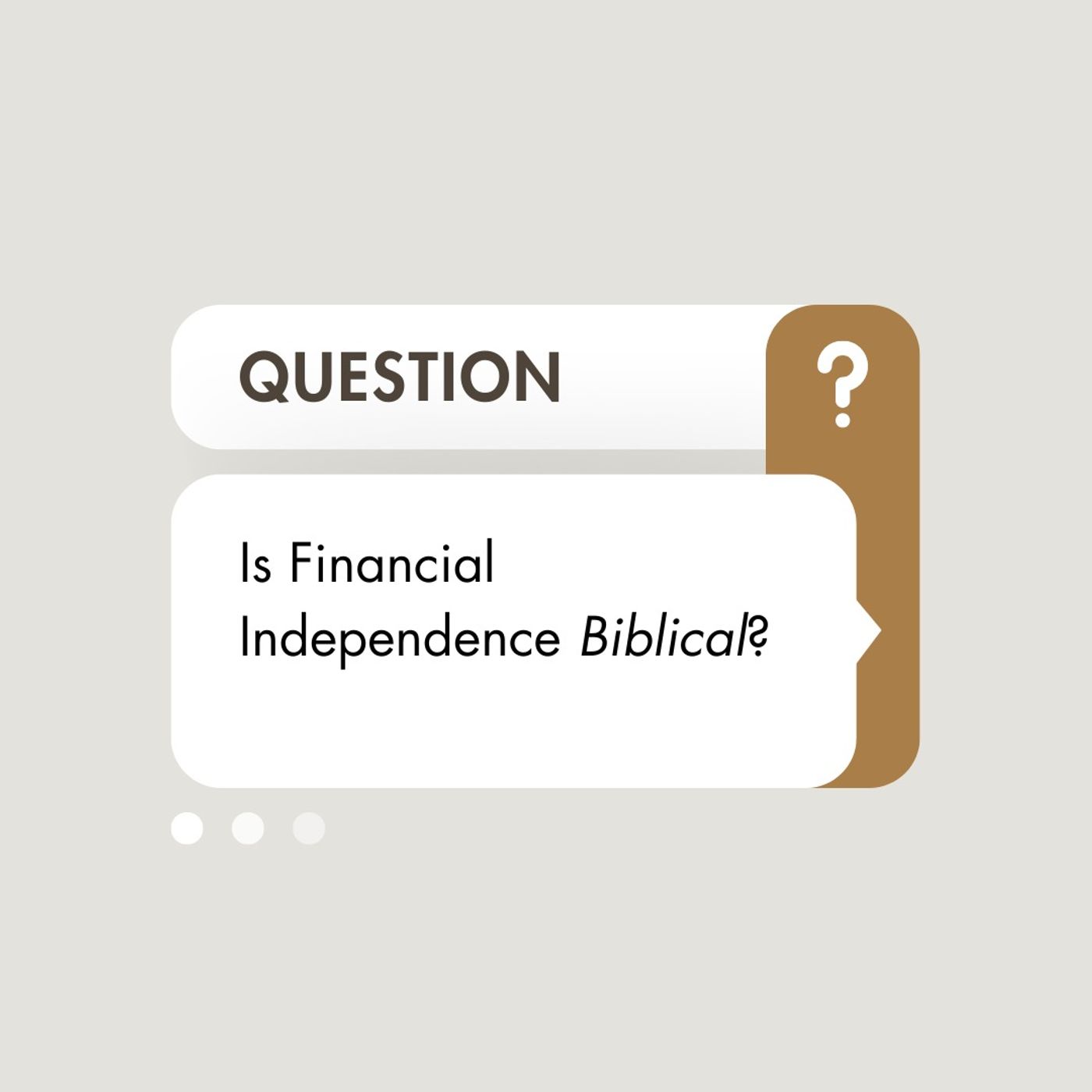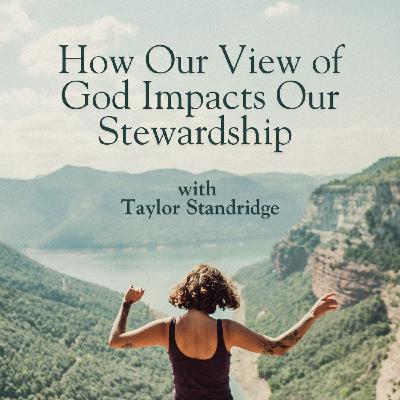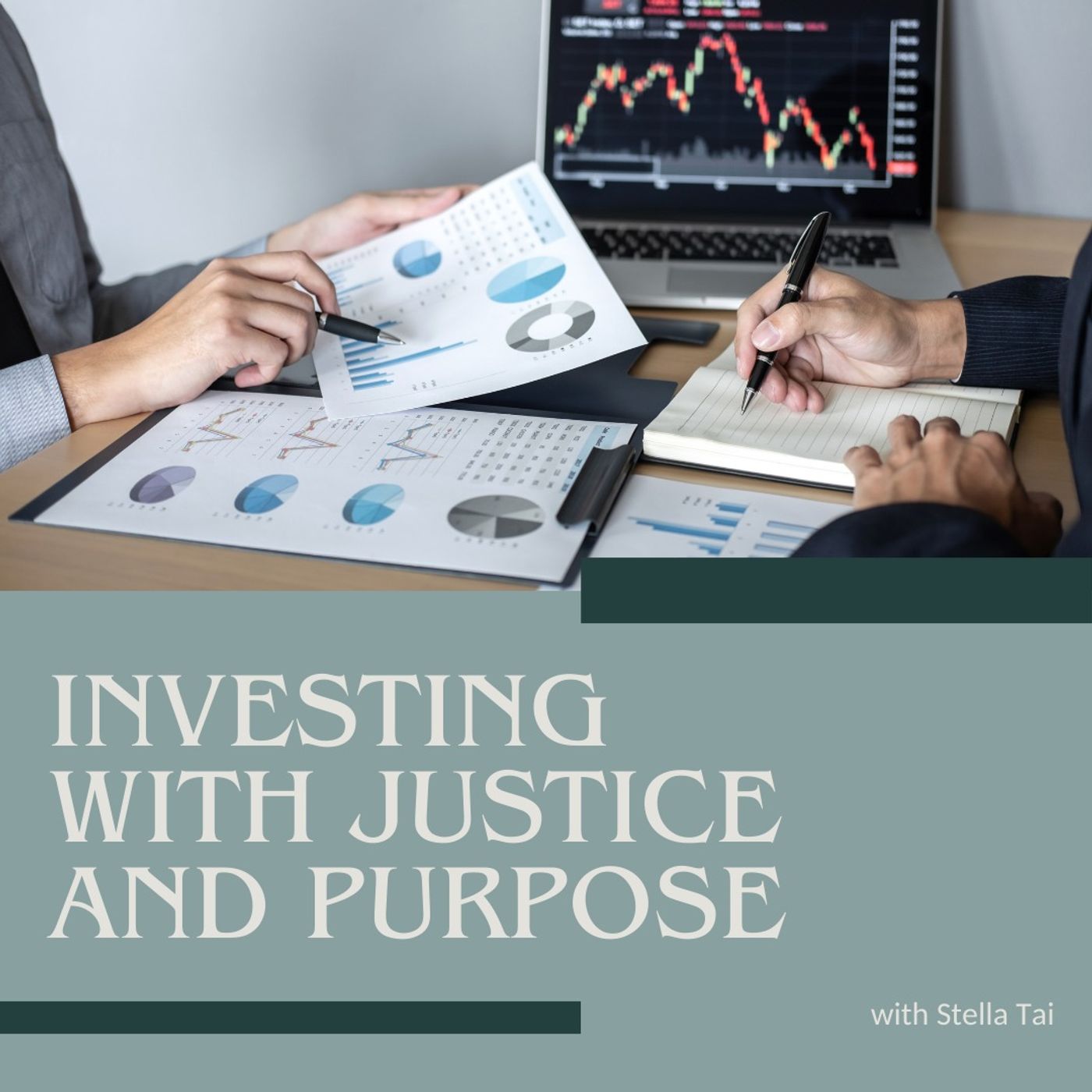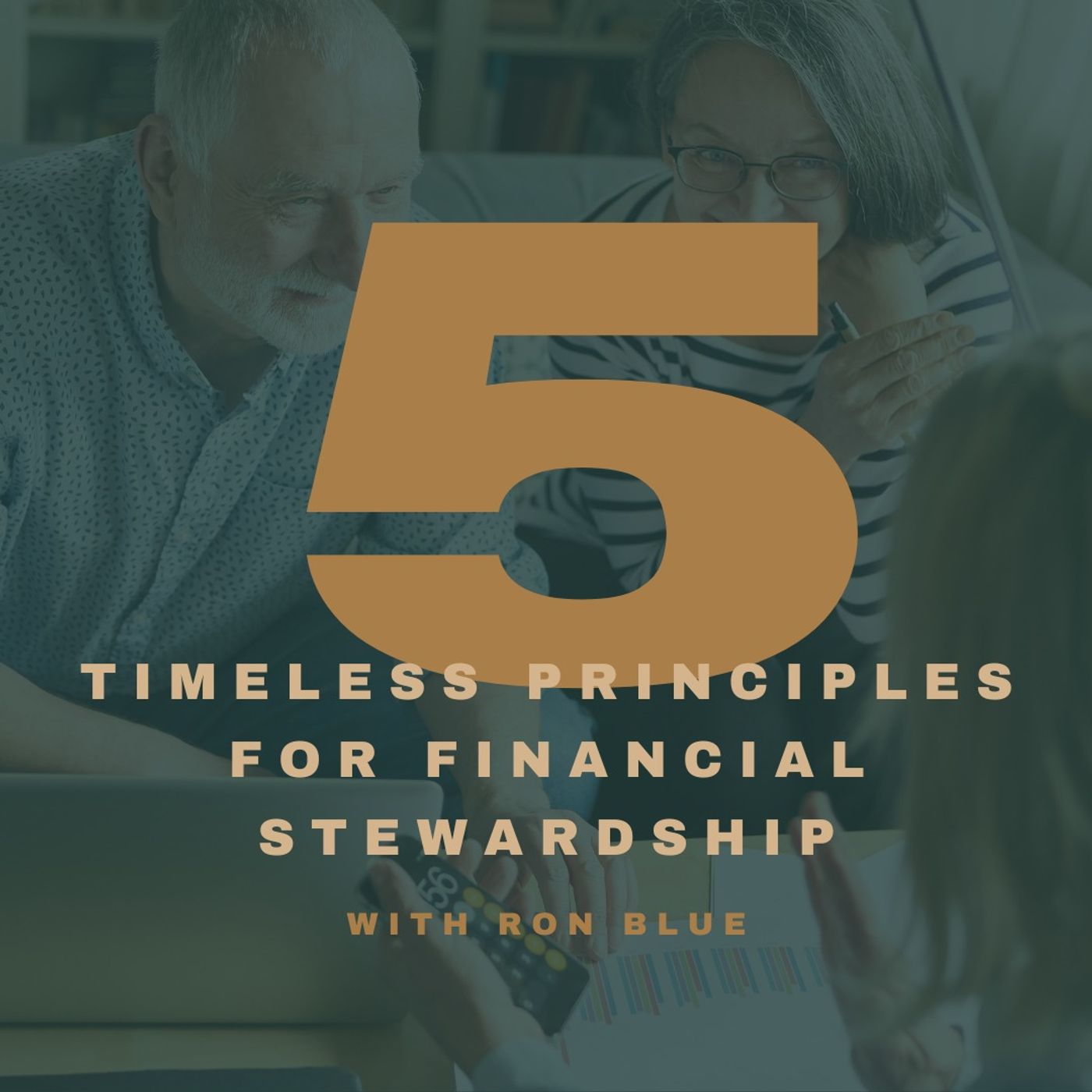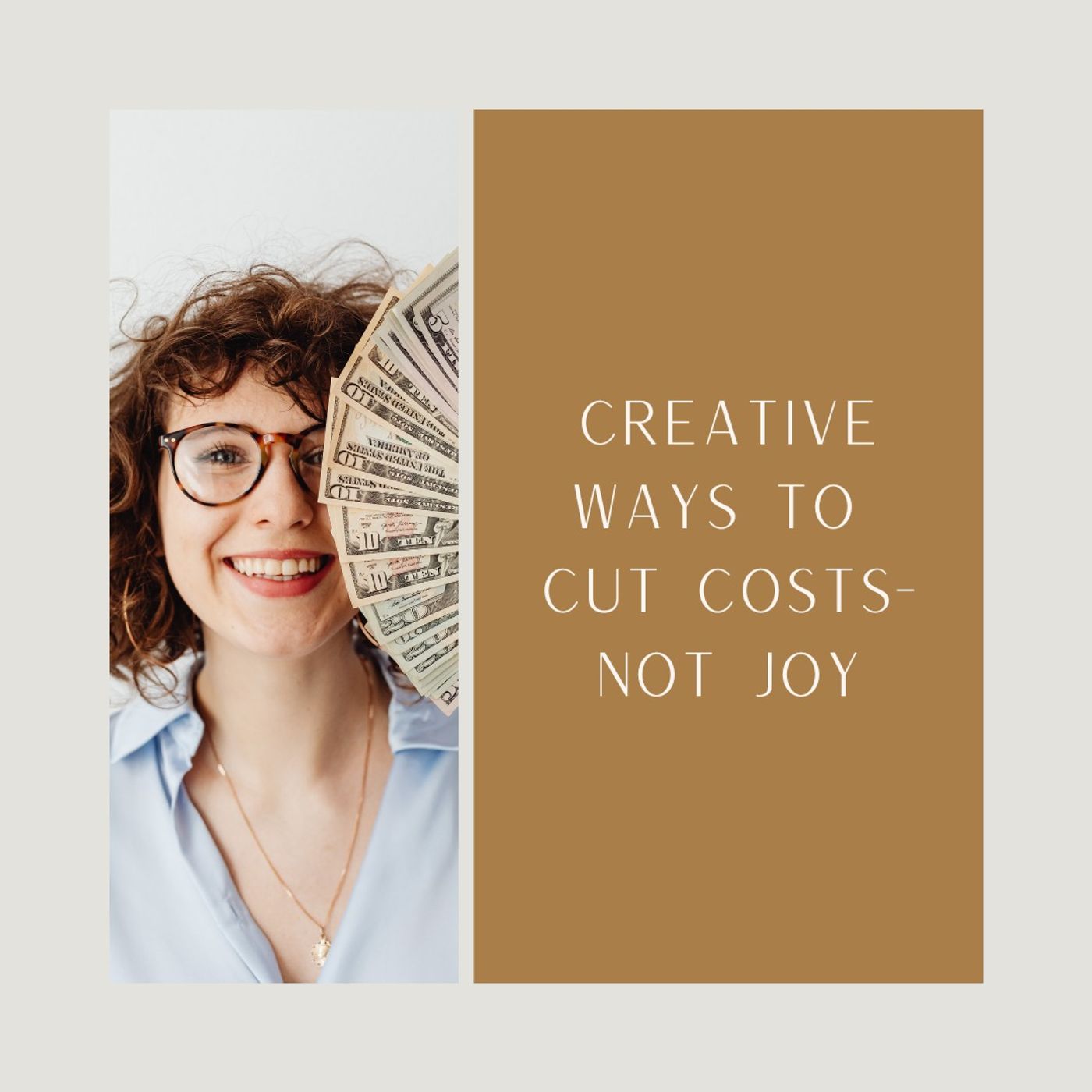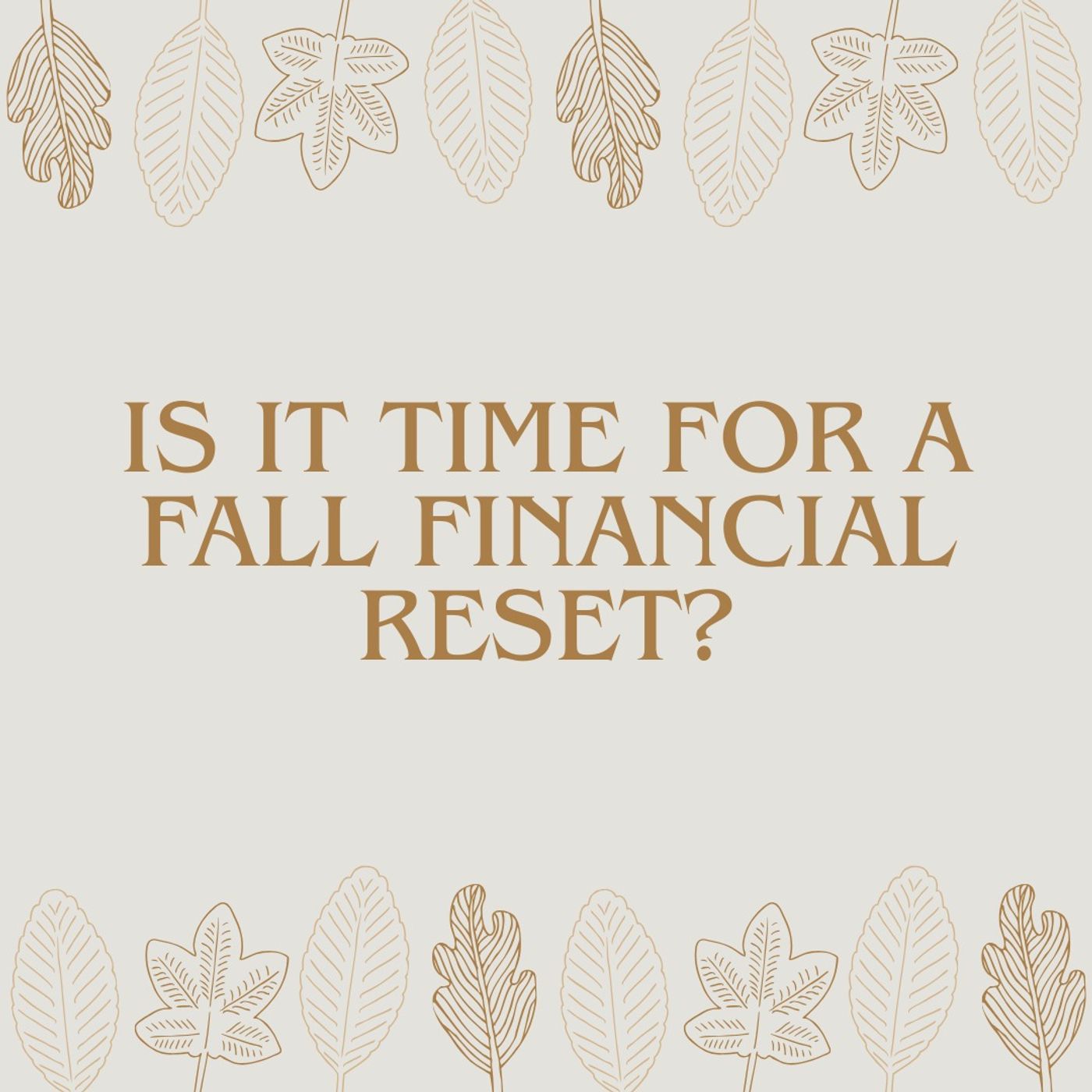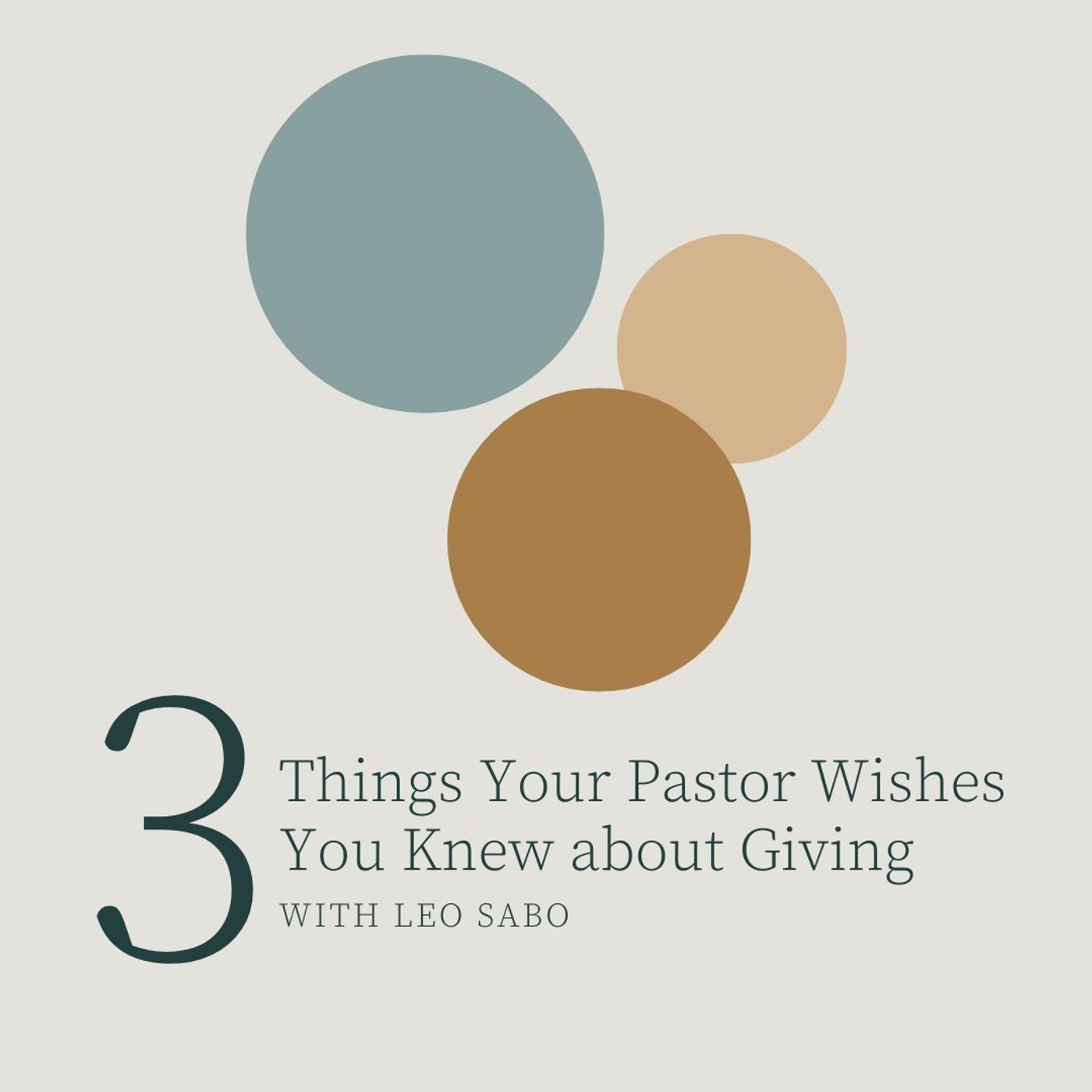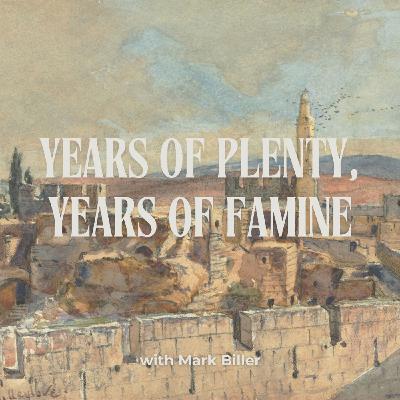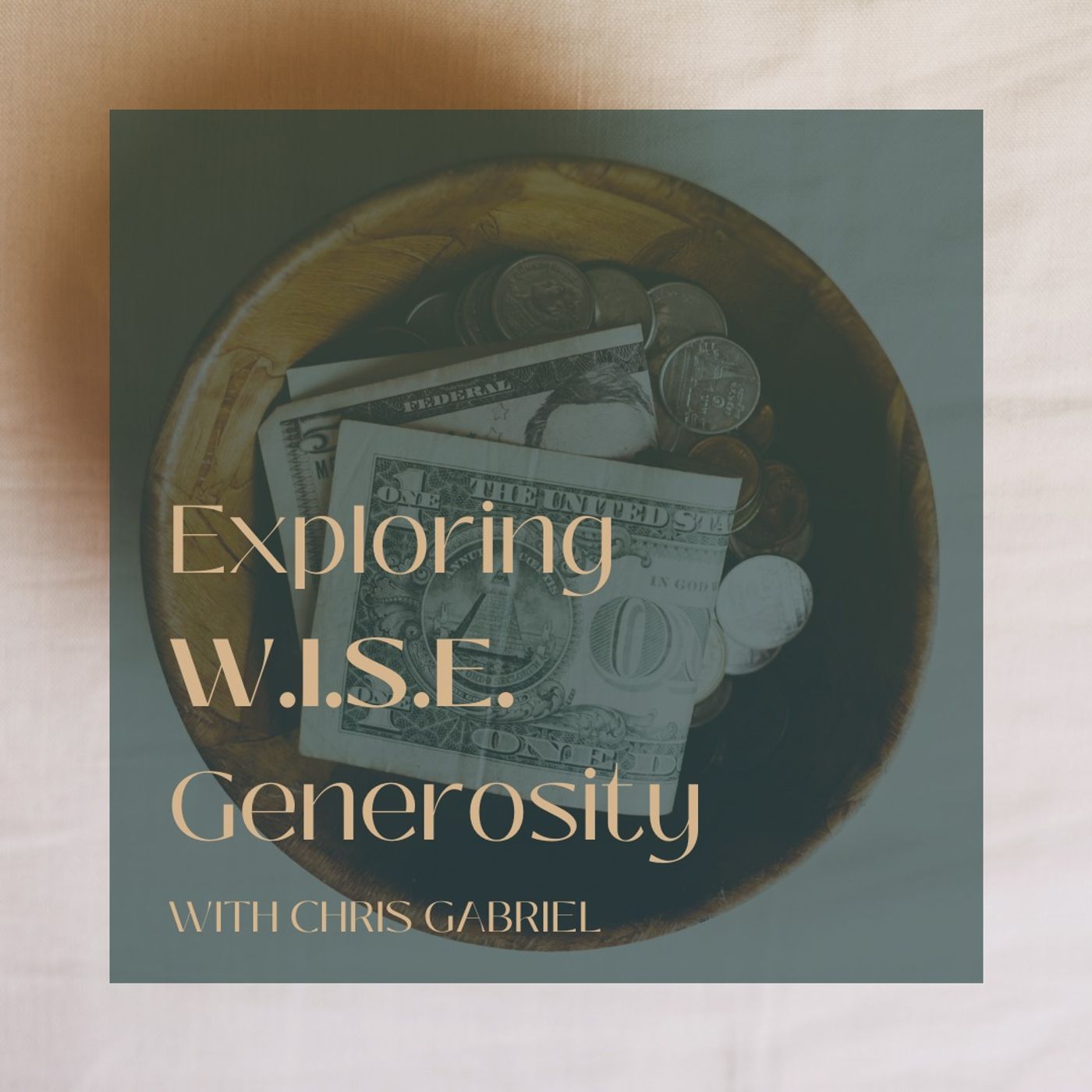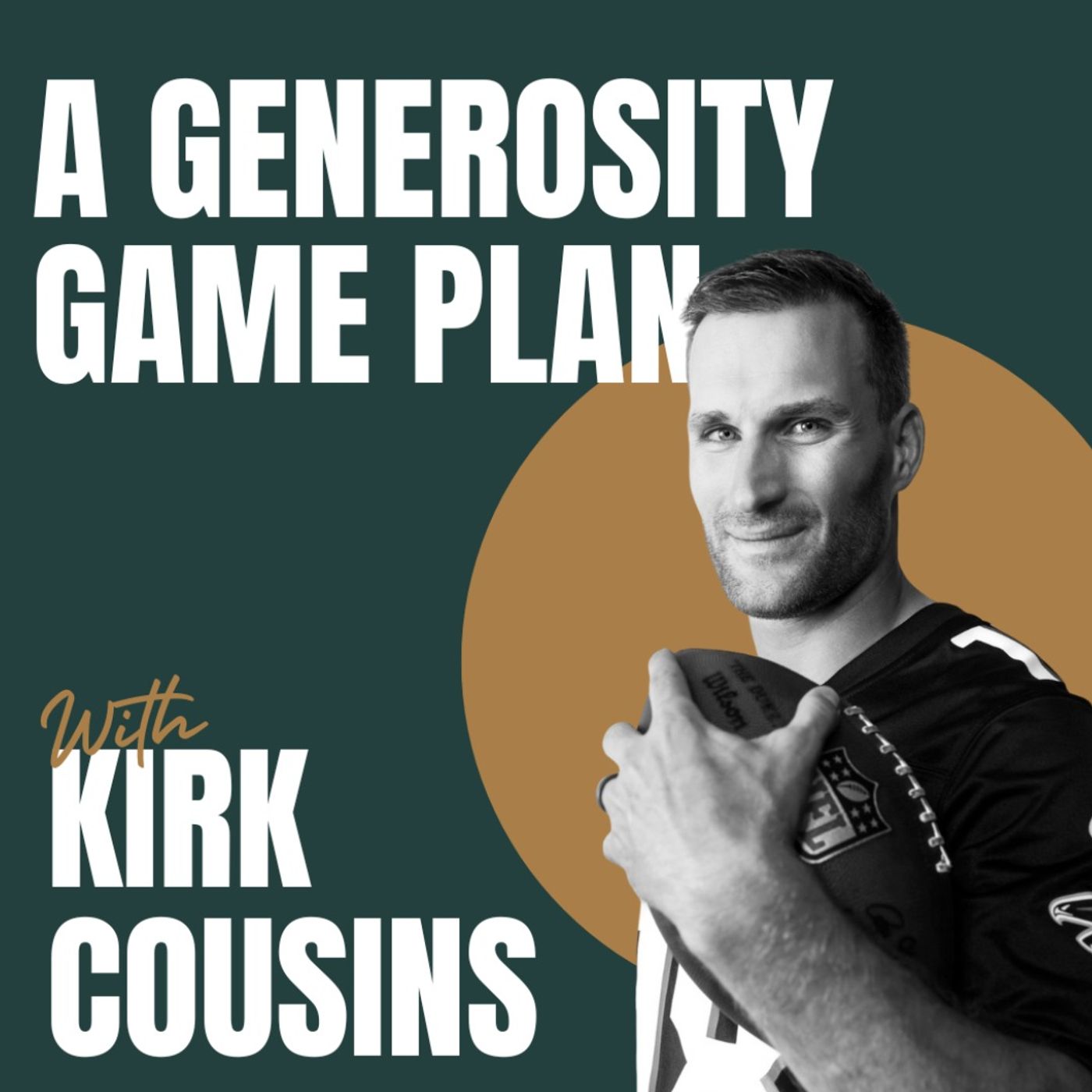What It Really Means To Be Rich
Description
Some people think being rich means owning a lot of things—when in reality, being “rich” often means a lot of things owning you. The signs of wealth are all around us: luxury cars, upscale neighborhoods, designer clothes, vacation homes. But do possessions really make people rich in a way that matters?
It’s hard to keep a Christ-centered perspective on wealth when our culture constantly pressures us to want more, buy more, and accumulate more. But this isn’t a new problem. Jesus warned in Luke 12:15 :
“Take care, and be on your guard against all covetousness, for one's life does not consist in the abundance of his possessions.”
Money and possessions aren’t inherently bad, but they often tempt us toward greed, selfishness, and discontent. We need money to live, but when money becomes the main thing, it becomes a dangerous master.
When Possessions Begin to Possess You
Jesus doesn’t just warn against greed—He offers us the key to true life: don’t make your existence all about “the abundance of possessions,” or your possessions will start to possess you. Proverbs 23:4–5 echoes this wisdom:
“Do not wear yourself out to get rich; do not trust your own cleverness. Cast but a glance at riches, and they are gone…”
Material things can never give your heart what it truly craves.
In Luke 12, Jesus tells the story of a wealthy man who tears down his barns to build bigger ones, dreaming of a long, comfortable retirement. But before he can enjoy it, God says:
“You fool! This very night your life will be demanded from you. Then who will get what you have prepared for yourself?”
Jesus concludes, “This is how it will be with whoever stores up things for themselves but is not rich toward God.”
The man’s tragedy wasn’t just that his life ended suddenly—it was that he invested his soul in temporary abundance instead of eternal riches.
Eternity Written on Our Hearts
Ecclesiastes 3:11 reminds us that God has “set eternity in the human heart.” Deep down, we long for meaning, purpose, and eternal life—not just more stuff. C. S. Lewis put it well:
“Aim at Heaven and you will get Earth ‘thrown in’: aim at Earth and you get neither.”
True abundance is found in knowing God, walking with Him, and letting His love overflow into the way we love others.
Jesus said in John 10:10 , “I came that they may have life and have it abundantly.” And in John 15:5, He promised, “Whoever abides in me and I in him, he it is that bears much fruit.”
The abundant life isn’t about bigger barns or fuller closets—it’s about abiding in Christ. When we do, our lives bear fruit that blesses others and glorifies God.
Where Is Your Treasure?
So ask yourself: What are you depending on to give your life meaning? Could some of those things be quietly taking God’s place in your heart?
Pray for the Lord to uproot those desires and refocus your attention on Him. Because true wealth isn’t found in what you own—it’s found in who owns you.
That’s why we created Rich Toward God—a 4-week study on the Parable of the Rich Fool. It unpacks what it means to live open-handed with your finances, showing how biblical wisdom doesn’t just transform your bank account—it transforms your heart.
You can order your copy—or place a bulk order for your group—by visiting FaithFi.com and clicking “Shop.”
On Today’s Program, Rob Answers Listener Questions:
- I’m unsure how to handle requests for financial help from my husband’s son and his family. They face ongoing money struggles and sometimes ask us for assistance, but I’m concerned that giving could be enabling poor decisions, like spending on things that don’t reflect our values. How can we approach this situation with wisdom and biblical discernment?
- I already have a financial advisor and some investments in place, but I want to make sure my money is supporting companies that align with my faith. Is there a tool or resource that can help me evaluate whether my investments are consistent with biblical values?
- I have a will, and all my investments already list beneficiaries. My advisor says a trust isn’t necessary, but my children believe it’s the best way to avoid probate. Do I really need a trust? Also, since my husband passed away, should I update my will and the deed to my home?
Resources Mentioned:
- Faithful Steward: FaithFi’s New Quarterly Magazine (Become a FaithFi Partner)
- List of Faith-Based Investment Funds
- Wise Women Managing Money: Expert Advice on Debt, Wealth, Budgeting, and More by Miriam Neff and Valerie Neff Hogan, J.D.
- Wisdom Over Wealth: 12 Lessons from Ecclesiastes on Money
- Look At The Sparrows: A 21-Day Devotional on Financial Fear and Anxiety
- Rich Toward God: A Study on the Parable of the Rich Fool
- Find a Certified Kingdom Advisor (CKA) or Certified Christian Financial Counselor (CertCFC)
- FaithFi App
Remember, you can call in to ask your questions most days at (800) 525-7000. Faith & Finance is also available on the Moody Radio Network and American Family Radio. Visit our website at FaithFi.com where you can join the FaithFi Community and give as we expand our outreach.



